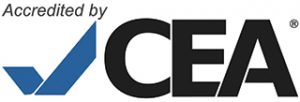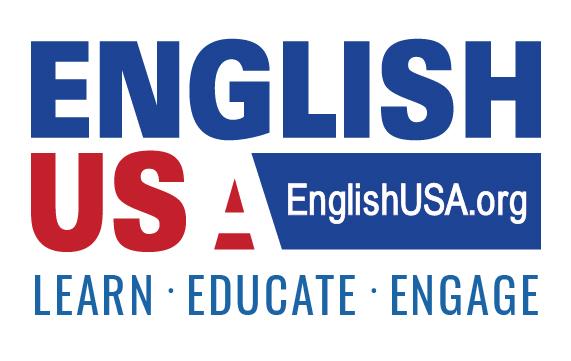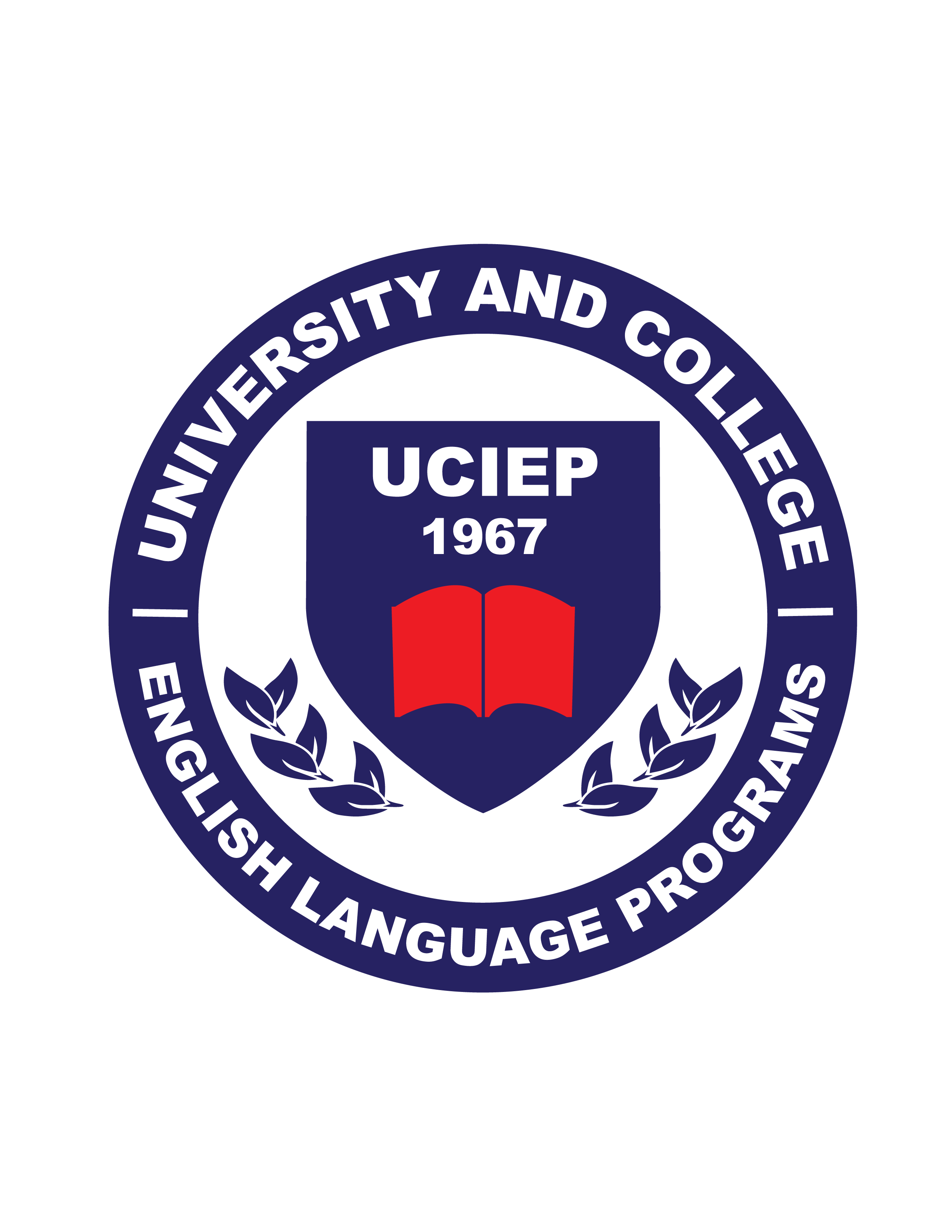Curriculum of the Intensive English Program
I. Structure
The Intensive English Program (IEP) offers four levels of intensive English language instruction:
Level 1: Beginning
Level 2: Intermediate
Level 3: Advanced
Level 4: Advanced Plus
Each level of instruction is designed to be completed in one semester (Fall, Spring, or Full Summer) and consists of courses in core skill areas and content-based courses that have been designed to meet student needs. Language study is directed by a set of student learning outcomes (SLOs). These outcomes build on each other to ensure that IEP students are working toward the skills they will need at a university. These SLOs have been selected and organized based on research and recommendations for best practice in English language instruction.
Classes meet for a total of 18-20 hours of instruction per week in Fall and Spring and 30 hours per week in the Summer Semester. Students in Levels 1, 2, and 3 take integrated skills courses: Speaking, Listening, & Pronunciation; Reading & World Cultures; Writing & Grammar; and Extended Reading & Vocabulary. Students Level 4 take six courses designed to introduce them to academic work in American universities, including: English for Academic Purposes; English in the Sciences; Business English; and Literature Written in English. Additional content-based courses include topics such as American Culture, Southern Culture, and Intercultural Communication. All courses incorporate modern technologies that assist in language learning.
Depending on their course schedules, IEP students receive between 12 and 21 hours of UM credit for the successful completion of courses each semester.
II. Length of Program & Progression through Levels
The Intensive English Program is designed to be completed in 18 months (four semesters) for students entering at the Level 1 and making satisfactory progress through the program. Students may progress at the rate of one level per semester (Fall, Spring, or Summer Semester).
For example, a Level 1 student entering in Fall 2018 would follow this timeline:
Level 1: Fall Semester (entry August 2018; completion December 2018)
Level 2: Spring Semester (entry January 2019; completion early May 2019)
Level 3: Full Summer (entry late May 2019; completion July 2019)
Level 4: Fall Semester (entry August 2019; program completion December 2019).
Progression from one level to the next is accomplished by fulfilling all curricular requirements and earning a minimum level average of C (average of all courses at that level; equivalent to a semester GPA of 2.00). Students may progress out of the program by completing Level 4 with a minimum level average of B (average of all courses at that level; equivalent to a semester GPA of 3.00). Students may attempt a level no more than three times.
For each course taken, students receive a letter grade of A, B, C, D, or F, as per the official IEP Grading Scale below.
| A (90-100%) | Excellent | A final course-grade of A is usually reserved for near-perfection; comprehensive and sustained success that consistently exceeds all expectations. |
| B (80-89%) | Good | A final course-grade of B is usually awarded for strong performance; evolving advancement toward exceeding most expectations. |
| C (70-79%) | Satisfactory | A final course-grade of C usually recognizes acceptable fulfillment; maintaining steady progress toward achieving all expectations. |
| D (60-69%) | Below Satisfactory | A final course-grade of D is usually given for minimal adequacy; barely satisfactory effort toward achieving most expectations. |
| F (<60%) | Failing | A final course-grade of F is usually issued for egregious underperformance; consistent inability or unwillingness to meet threshold requirements |
The grade point value of each letter grade is determined by the UM standard grading system (follow the link to view the UM scale). Note: the IEP does not use the optional +/- grading convention of the University.
The IEP follows the UM Academic Calendar for the Fall Semester (August to December), Spring Semester (January to early May), and Summer Semester (late May to July). Fall and Spring Semesters include 15 weeks of instruction with one final exams week, and Full Summer is an accelerated semester to be completed over 8 weeks of instruction. Dates for all classes and holidays follow The University of Mississippi Academic Calendar.
III. Course Descriptions
Listening, Speaking, & Pronunciation (Levels 1, 2, 3)
Students in these courses work toward conversing (both listening and speaking) in basic social situations, as well as practicing production, fluency, and accuracy. The content is focused on the listening and speaking skills needed to be a successful student at The University of Mississippi, including academic language and culture appropriate to US educational institutions.
Reading & World Cultures (Levels 1, 2, 3)
Students read the types of texts typically found in university classes, learn to make connections to prior learning, and connect reading and writing, all in the context of various world cultures. Students will read and discuss culturally relevant texts on a wide range of cultural topics, and these discussions may take place in oral and/or written forms.
Writing & Grammar (Levels 1, 2, 3)
Instruction of writing focuses on content, rhetorical organization, written sentence structure, mechanics (e.g., punctuation, capitalization, format, spelling) and cohesion.
Grammar (Levels 1, 2, 3)
Instruction of grammar focuses on language form and meaning through context appropriate use. The purpose of teaching grammar is for students to recognize the discrete forms of English and the corresponding meaning.
Extended Reading & Vocabulary (Levels 1, 2, 3)
The purpose of ER is to build fluency, by increasing reading rate, vocabulary, and overall proficiency. Students have regular and sustained opportunities for reading and discussing self-selected books.
English for Academic Purposes (Level 4)
Students focus on writing skills needed to be a successful undergraduate student or graduate student at the University of Mississippi. Besides researching and writing academic papers, students can benefit from learning to write a professional CV/Resume and statement of purpose.
English in the Sciences (Level 4)
This course helps students improve and reinforce their academic English reading, writing, listening and speaking skills through the use of authentic texts focusing on science and technology. This course is to prepare the student for American academic college level course work and in particular science/engineering courses.
Business English (Level 4)
This course is designed to help students build upon their fundamental English language communication skills by using professional and formal business tools, such as reports, case analyses, and oral presentations in structured business environments.
Literature Written in English (Level 4)
This course is designed to practice and improve reading comprehension skills and strategies (skimming; scanning; gist; inference; etc.); vocabulary expansion skills (context clues; word families; collocations; etc.); critical thinking skills (recognizing attitude and feeling; supporting opinions; making judgments; inferring; interpreting; identifying assumptions; hypothesizing; comparing & contrasting; drawing conclusions); and literary interpretation.
Content–based Courses (Levels 1, 2, 3, 4)
Students take between two and three content courses each semester. The schedule of courses offered is determined by student need. Courses that may be offered include American Culture, Southern Culture, and Intercultural Communication.


